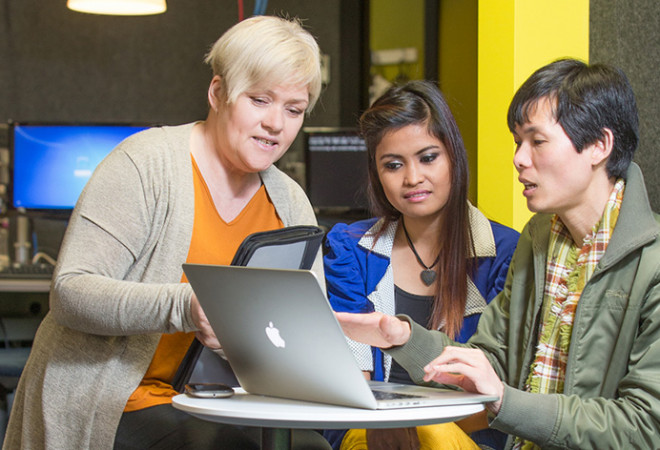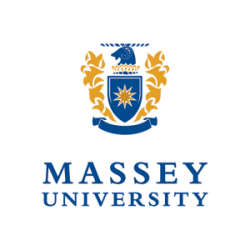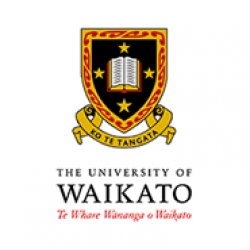
Good practice in international placements: Ideas for students and tertiary staff
Status
Completed: 18 December 2016
Project Details
This good practice publication considers seven key aspects that drive good practice in international field education.
Aims:
The intention of this resource is to help guide educators and students who are considering or developing international placements. The experiences described in this booklet were with social work programmes, however, it is expected that the information can be applied to courses across a spectrum of disciplines.
Methodology:
The good practice indicators described in this report have been developed from:
- analysis of previous work-integrated learning research undertaken in Aotearoa New Zealand on social work field education;
- an action research project in which students completed and international placement as part of their Bachelor in Social Work (BSW) programme.
Team

Dr Kathryn Hay
Massey University
Simon Lowe
The University of WaikatoStatus
Funding
$3,000.00 (excl GST)
Key Findings
- To enable good practice in international placements, strong partnerships between students, workplace organisations and tertiary educators are essential.
- International field education requires particular attention to detail and closer communication between those involved in order to ensure the safety of participants and quality of learning.
- Field education placements undertaken in another country adds another level of complexity and if executed poorly, these experiences could negatively impact both students and host communities.
Key points for preparing for a successful international placement include:
- careful planning
- careful selection of appropriate students
- careful selection of host organisation
- careful selection of support staff, including external field educators
- robust risk assessment
- high levels of support for all involved
- good quality supervision
- clear but flexible learning goals and opportunities
- suitable student capabilities including resilience, independence and self-awareness
- expecting the unexpected
Key Recommendations
International placements should not be embarked on lightly and care should be taken with the planning process, selection of students, understanding of the host organisation, and what learning opportunities and support staff can realistically provide to students.
Concepts of reciprocity, cultural difference, collaboration and partnership need to be thoroughly explored prior to the placement to avoid neo-colonialist practices, whether intentional or otherwise.
Organisation set-up
- Tertiary education providers have a significant responsibility in ensuring a duty of care to students undertaking their learning experience in another country. Consideration should be given to: potential or actual risk; regular communication; and cultural differences within the work and living environments.
Student preparation
- Preparation is the best resource for overseas placements. Before setting off, access local people who have a good understanding of the culture and environment where students are travelling. Use as many of these resources as possible to develop an objective understanding of the learning environment for the students.
- Support for external field educators as well as organisation staff needs to be considered by the tertiary staff, especially when cultural and work environments are significantly different to the home country;
Skill Development
- ensuring students understand relevant theories and models for international environments is critical for student preparation, and this may need to occur in addition to the usual curriculum teaching.
Supervision
- Enabling students to have access to different types of supervision while on an international placement will offer additional support during what is likely to be a challenging experience.
Assessment and Pedagogy
- Consider alternative assessment processes that still enable students to demonstrate achievement of learning outcomes; such as reflections through use of technology such as Zoom, Skype, Moodle.
- recognition of a broader range of experiences requiring potentially different sets of skill and knowledge development compared with local placement students. For example, opportunities to regularly work with interpreters, cross-cultural meetings, accessing resources in a culturally appropriate manner.
Professional standards and competencies
- Working towards specific standards and competencies helps students develop professional and personal confidence.
Placement de-briefing
- Debriefing after the learning experience is a critical component of all placements, but is especially important for students doing international placements. Students need to debrief the placement experience itself and also unpack their own re-integration experience back in their home country.
A good practice publication by Dr Kathryn Hay and Simon Lowe.
(PDF, 333 KB, 16-pages).
- 16 December 2016